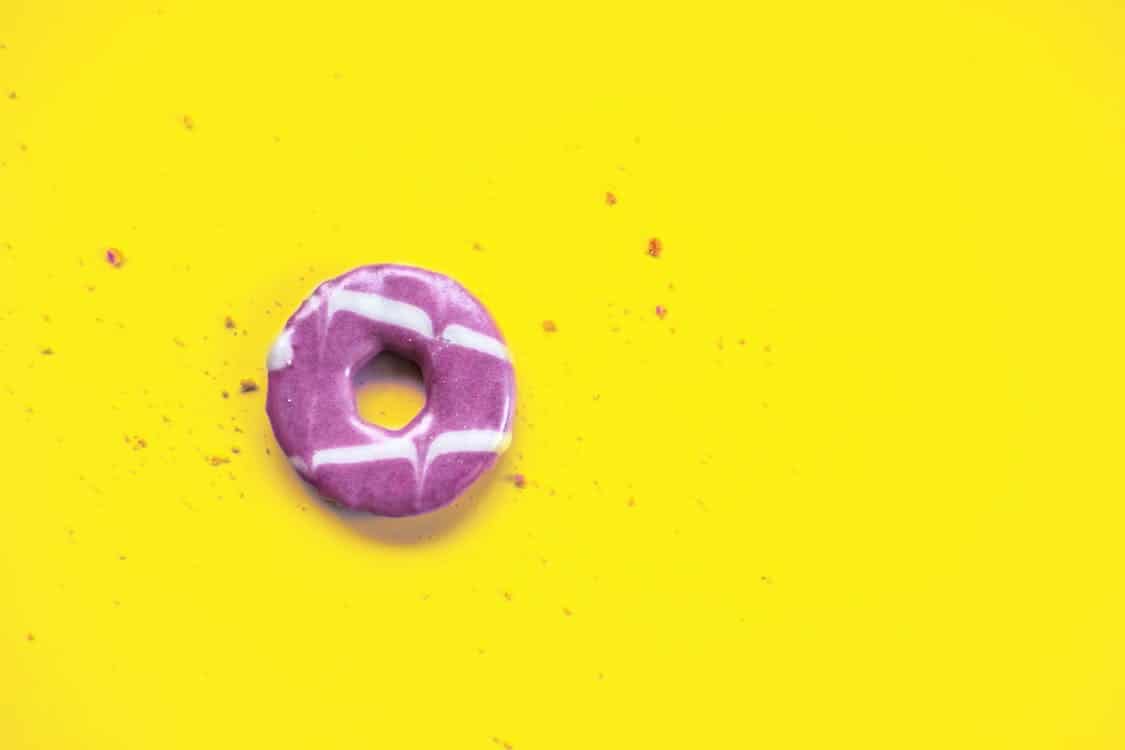There are countless explanations I’ve heard people use as they attempt to make sense out of why they, someone they love or those they are working with are doing the strange behaviours that make up an eating disorder.
Why would anyone do an eating disorder?
Why would anyone do something that is so damaging to their health?
Why would anyone do behaviours that when all is said and done have a very real chance of ending their life and a one hundred percent chance of meaning they don’t get to live an authentic life if they do survive?…
Amongst the most common offers of explanation I’ve heard are that eating disorders are a form of self-harm or self-sabotage.
To a degree this is true.
They do indeed harm the person
Often immeasurably.
Often irreparably.
Physically, mentally, financially, spiritually, socially and in every other way a human being can be harmed. That goes without question. As well as also harming the lives of all those around them and if we want to go there the world at large because I truly believe we have lost, are losing and will lose some of the greatest minds to eating disorders. There is a whole bunch of people playing small and living well below their capacity because they are stuck in an eating disorder.
However, there is more truth to the picture than taking the explanation of eating disorders being seemingly self-inflicted sabotage at face value.
So, let’s delve a little deeper into what is really going on…
The Truth
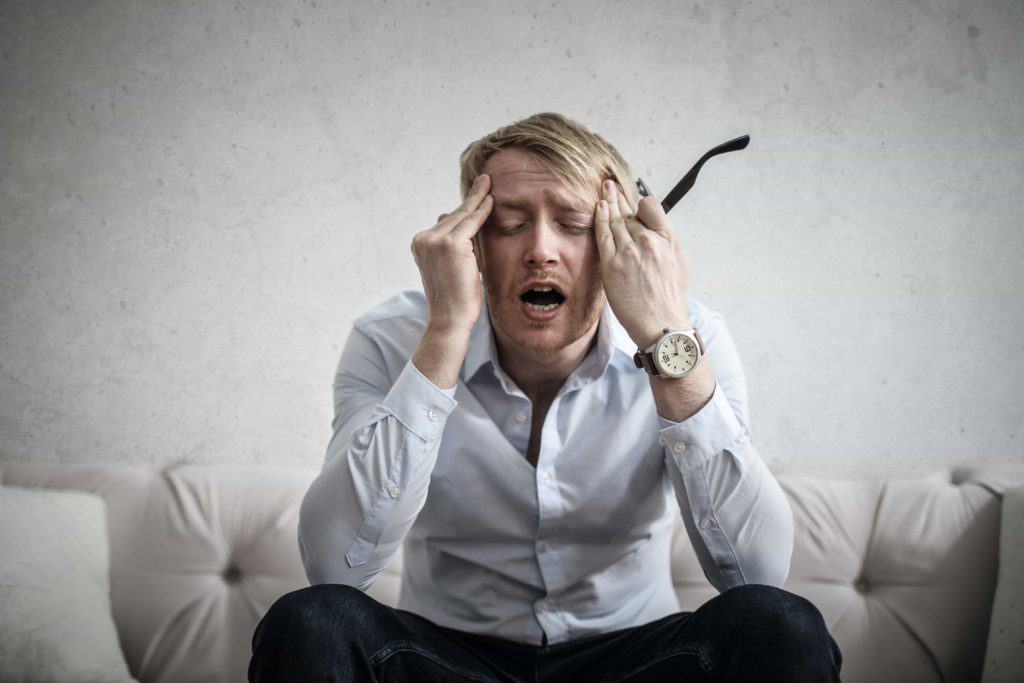
Perhaps one of the most useful learnings I had as I recovered from fifteen years of living with anorexia nervosa was that self-sabotage is a myth.
Not just self-sabotage in the context of eating disorders but self-sabotage as a concept.
Let me explain – self-sabotage is a myth in terms of how people generally think about it in the way that we are trying to “sabotage” ourselves by ruining an opportunity, destroying a situation that is going well or deliberately trying to make our lives hard.
The irrefutable truth is that we may indeed do things that ruin an opportunity or a situation that has been going well and we may indeed many times make our life harder through what seems to be a stupid action but – and this is a crucial but to any real self-development including eating disorder recovery – the intention behind the thing we did (or didn’t do) that made our life harder by doing it (or not doing it) was not intended to make our life harder.
To put it bluntly we really didn’t mean to screw ourselves over.
The truth beneath the truth is that all our actions, including the most harmful of the harmful that we do when we are living with an eating disorder are at the level of intention done with the aim to make our experience of life better in some way.
The Discrepancy
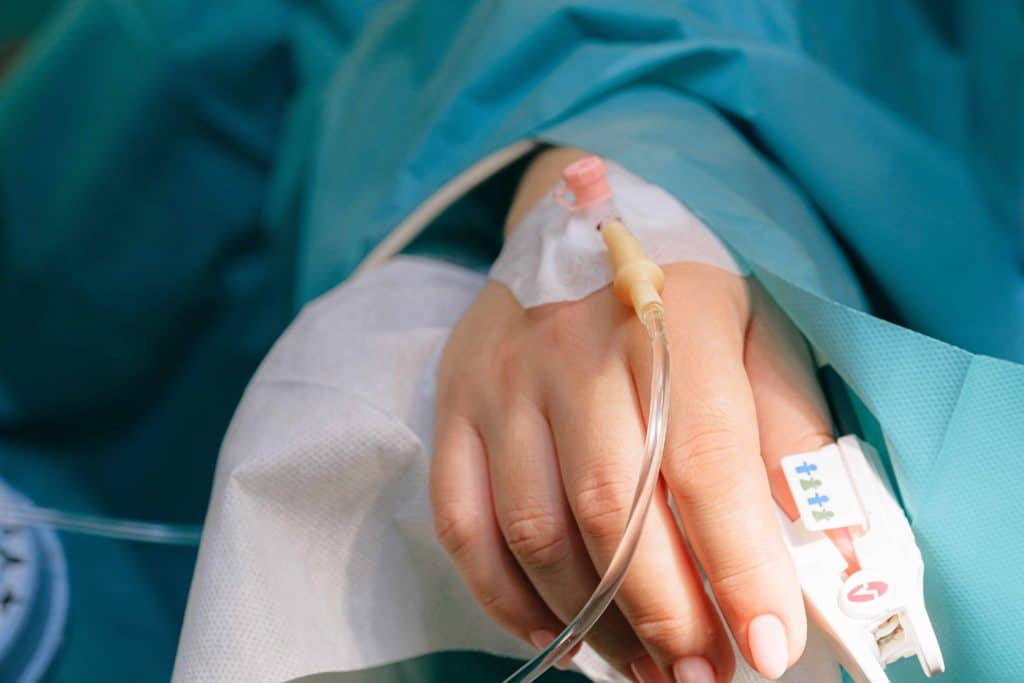
Of course, the eating disorder actions do not actually make our life better in the long run.
Anyone can see that (yes, including the person doing them).
That’s not up for debate.
However, that is the difference between the intention of that action and the outcome of that action.
I will give an example outside or eating disorders to highlight what I mean here. Take the person who smokes cigarettes or vapes.
There is no one on the face of the planet who does not know that cigarettes are bad for them.
Yet, people still do it.
Why?
The intention or need the cigarette or vape is meeting may be that this person gets five minutes away from their desk at work, gets a moment away from their kids in the evening (who they love very much but my gosh they’re a lot of work and take a lot of energy) or space to breathe deeply outside the party.
In all scenarios this person is engaging in a behaviour that reduces their stress.
I am sure you could think of a few more scenarios where the behaviour/action seems to go against health and wellbeing but which you or someone you know still engages in. Look a little deeper and you’ll find that it does indeed serve a function…
Through this lens it becomes relatively easy to see why people do behaviours in the short term that end up culminating into harmful outcomes in the long term or even immediately after the behaviour.
Because they’re not thinking about the long term or the immediate consequences while they’re doing the behaviour.
That is at least they’re not at the unconscious level – which is the level that matters when it comes to the here and now.
They (or you) can absolutely consciously be beathing themselves up or telling themselves it’s the last time but – and this is a crucial thing to understand if you plan on making any life change – your unconscious is concerned with getting the desired need met in the here and now. It is not concerned for your health nor your abstract plans for success in the future.
That responsibility is the role of your wonderful conscious mind/prefrontal cortex.
Unconscious Vs Conscious and Why Eating Disorder Treatment is Failing
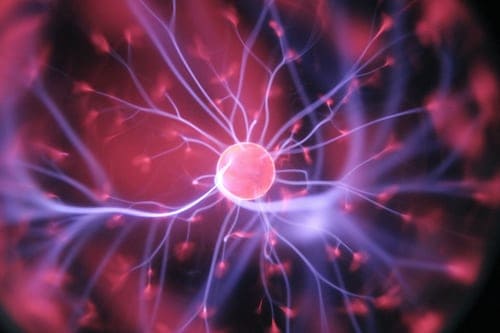
Unfortunately (and incredibly fortunately because the truth is we wouldn’t be alive as a species if this next part wasn’t true), our conscious mind is much slower than our unconscious mind.
Which means that by the time our conscious mind is involved it’s already too late.
We’ve done the thing or the pull to do the thing is so strong that all the rational, reasoning of our conscious mind can’t make us not do it anyway (when it comes to a battle between logic and emotions the emotions win).
The thing to note here also as I alluded to above is that this is the way it must be. Our unconscious simply is faster and needs to be faster or we’d not respond to threats fast enough to survive. It is an evolutionary adaptation. In our past and even our present day we need to respond to the rustle we heard in the grass that may be a sabre tooth tiger about to pounce and make us it’s next meal or move our hand off the hot tray we just got out of the oven and forgot was hot so wen to pick it up thirty seconds later.
The truth is the majority of our life is under the control of our unconscious. Most of the actions we do in a day, the thoughts we have, the way we feel arise unconsciously.
And I really do mean most. It is estimated that about 95% of our brain’s activity is unconscious.
If you are sceptical about this and think you have more conscious say and control over your life I invite you to take a moment now to do a quick Google search to see for yourself.
What I learned during eating disorder recovery and life since is that the fact that most of our brain’s activity is unconscious isn’t something to lament or destroy yourself over (as I did when I lived with anorexia and just wanted to think, feel and do differently to what I did. So badly). It is something you can make work for you.
Unconscious Vs Conscious and How Eating Disorder Treatment Can Succeed
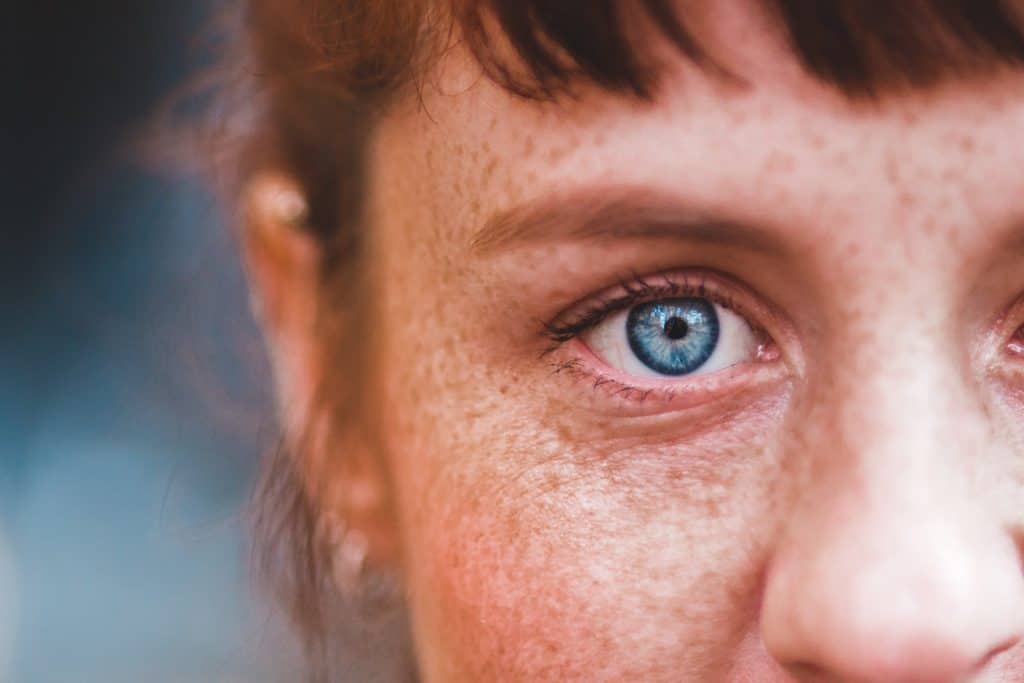
How do we change what we do, think and feel if such a vast proportion of it is unconscious?
How can we change something we aren’t even choosing to do?
This is the greatest question of eating disorder recovery and perhaps change for anyone.
The answer is you can work with your unconscious mind.
You can work with your unconscious mind!
Why doesn’t everyone know this?
Why isn’t this our first port of call when we are working with people who are in recovery from eating disorders?
After all no one is consciously choosing to do an eating disorder. We know this. We say this but we don’t act like it is true. We continue to educate the absolute hell out of people on all the harms they are doing to their body, on the importance of good nutrition and so on and so forth all of which ignores the fact that they aren’t choosing to do this in the first place.
In essence we add more shame and blame by appealing more and more to people’s conscious mind and ignoring everything we say about eating disorders not being a choice.
It is genuinely not always intended to shame or blame the person and most often comes from a good place but nevertheless it is a misguided and non-useful place and the real kicker is that does just as much harm.
Remember intention versus outcome.
What is frustrating as a clinical hypnotherapist and neurolinguistic programming practitioner is that I know there are real and legitimate ways of working with your unconscious mind that so many people would benefit from had they the opportunity.
What happens when you work with your unconscious instead of your conscious (or the truth is alongside your conscious)?
One thing you can do is allow it to come up with new ways of doing things that get the unconscious need met in ways that work as well as or better than the old way of meeting that need.
Let’s look again at the example of the person smoking – if they can find a way that meets the need to “destress” the cigarettes or vape were giving them, they’ll stop pretty quickly and relatively painlessly.
Importantly this new way of doing things has to be chosen and agreed upon by the unconscious. This is what it means to work with the unconscious versus consciously coming up with “solutions” and trying to impose them on ourselves (such as telling ourselves we could take a bath, go for a walk etc instead of lighting the cigarette).
Our unconscious has to deem and really feel the new way of doing things will meet the need as well as or better than that old way.
Only then will it be ok with making the change.
This in a nutshell is what a lot of change work comes down to including recovery from an eating disorder.
Yes, there are new skills to be learned, old beliefs to change, actions to take and life to build but very often getting the need the eating disorder behaviour is fulfilling met in another way (a way that works long term, is more healthful and that your unconscious agrees upon) is a key feature of moving on from doing an eating disorder.
A key feature which cannot be achieved through conscious level talking, reasoning and logic because that part of your mind (conscious) is already on board with making the change.
Therefore, if that was all you needed to make the change you’d have made it by now.
It is through working with your unconscious mind (the part that is in control of the unwanted behaviour with positive intent) that you will be able to make that change.
When you fight against yourself there can be only one loser.
Where to From Here?…

This concept that an eating disorder is not self-sabotage is a tricky one to get your head around initially because it can feel ludicrous on the surface but dive a little deeper or speak with anyone who has ever in the history of the universe recovered from an eating disorder and they will tell you that it’s true.
Ask anyone who has ever recovered from an eating disorder and they will tell you the eating disorder – while not something they would wish for themselves had they the opportunity to live life again, nor would they wish upon anyone else – did serve a purpose in their lives.
Until we recognise this and fulfill this purpose (positive intention) by another means we are simply attempting to do away with something that is ultimately there for a reason.
It’s not going to be successful.
It is hard to acknowledge that the very thing you despise, the thing that is ruining your life and the thing you want to change so much is genuinely not evil.
It is a part that is doing its best.
So, how does this information help and how can we use it?
Recovery is about learning to work with, instead of against your mind because recovery is about learning to work with instead of against yourself.
You can’t just do away with an eating disorder and all the things it does for you, or once did for you or your unconscious mind perceives it does for you (because what the eating disorder is trying to achieve has often passed) without finding how else you can meet those needs.
Any recovery treatment that treats the eating disorder purely as the bad guy is missing the mark.
The eating disorder is not the bad guy because you are not the bad guy.
Treatment should always be towards you becoming a unified whole (where you are no longer at war within yourself), have more choices available to you and are free to choose.
With my whole heart I hope you found this information useful and inspiring.

Become Great. Live Great.
Bonnie.



